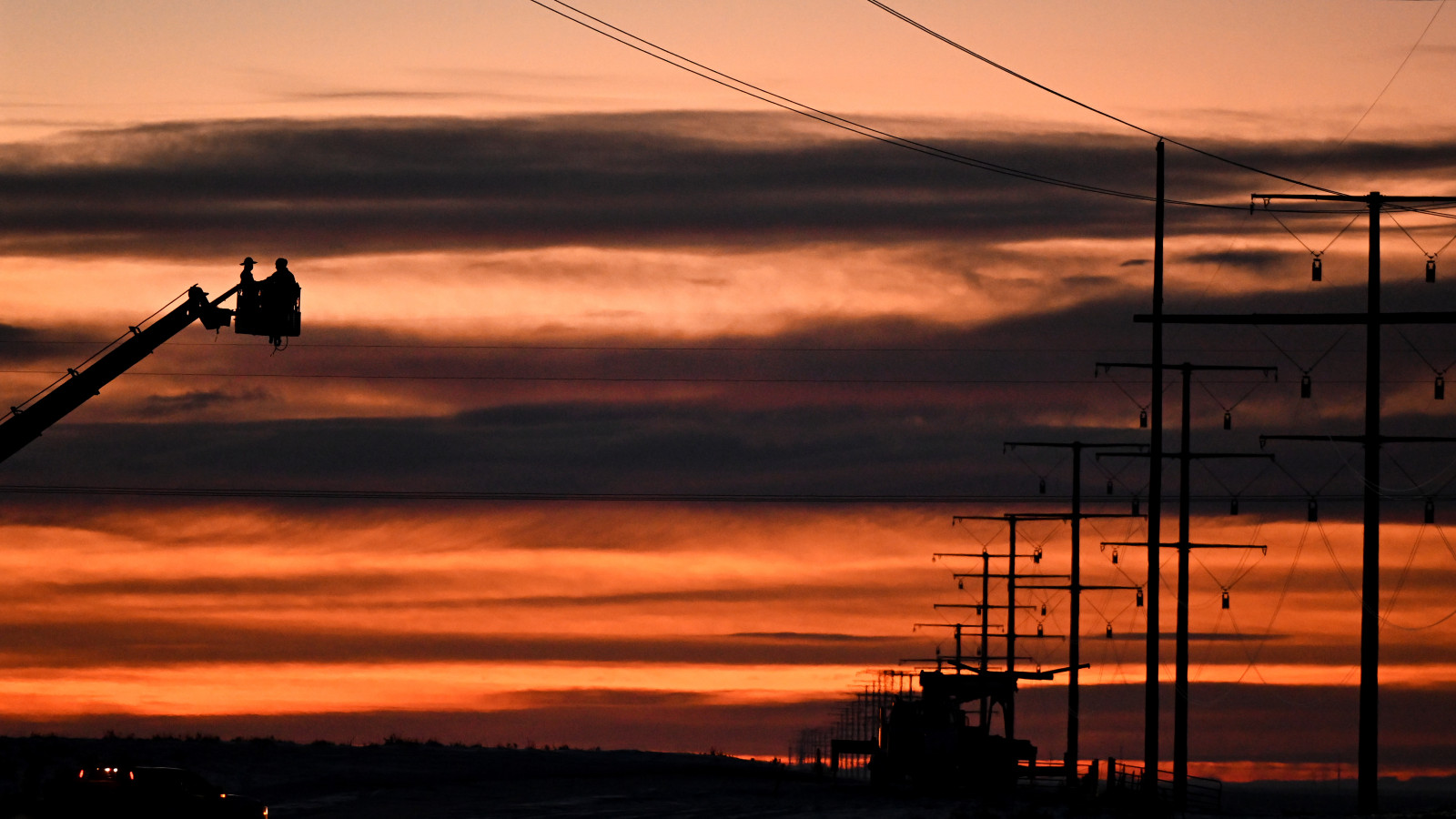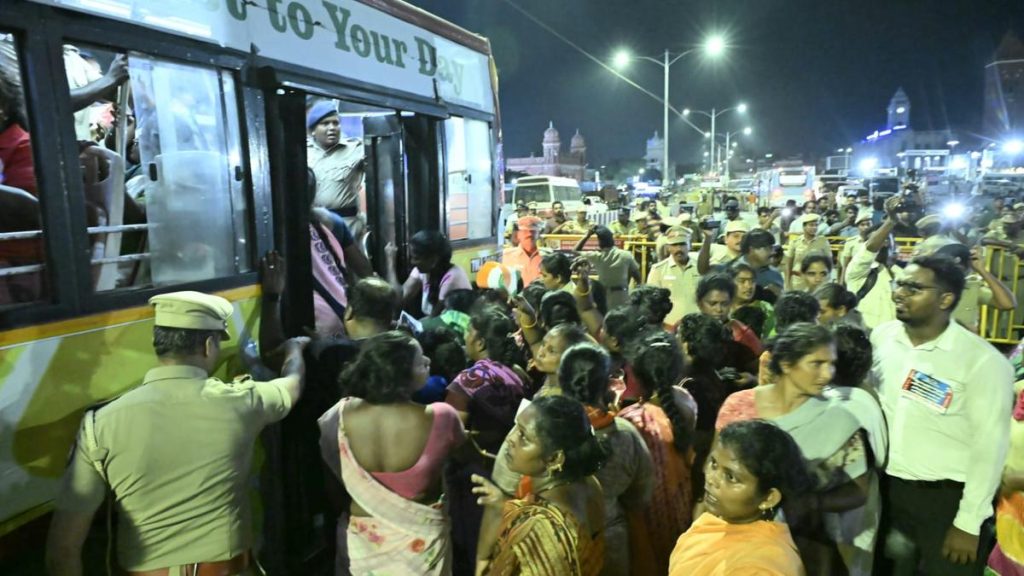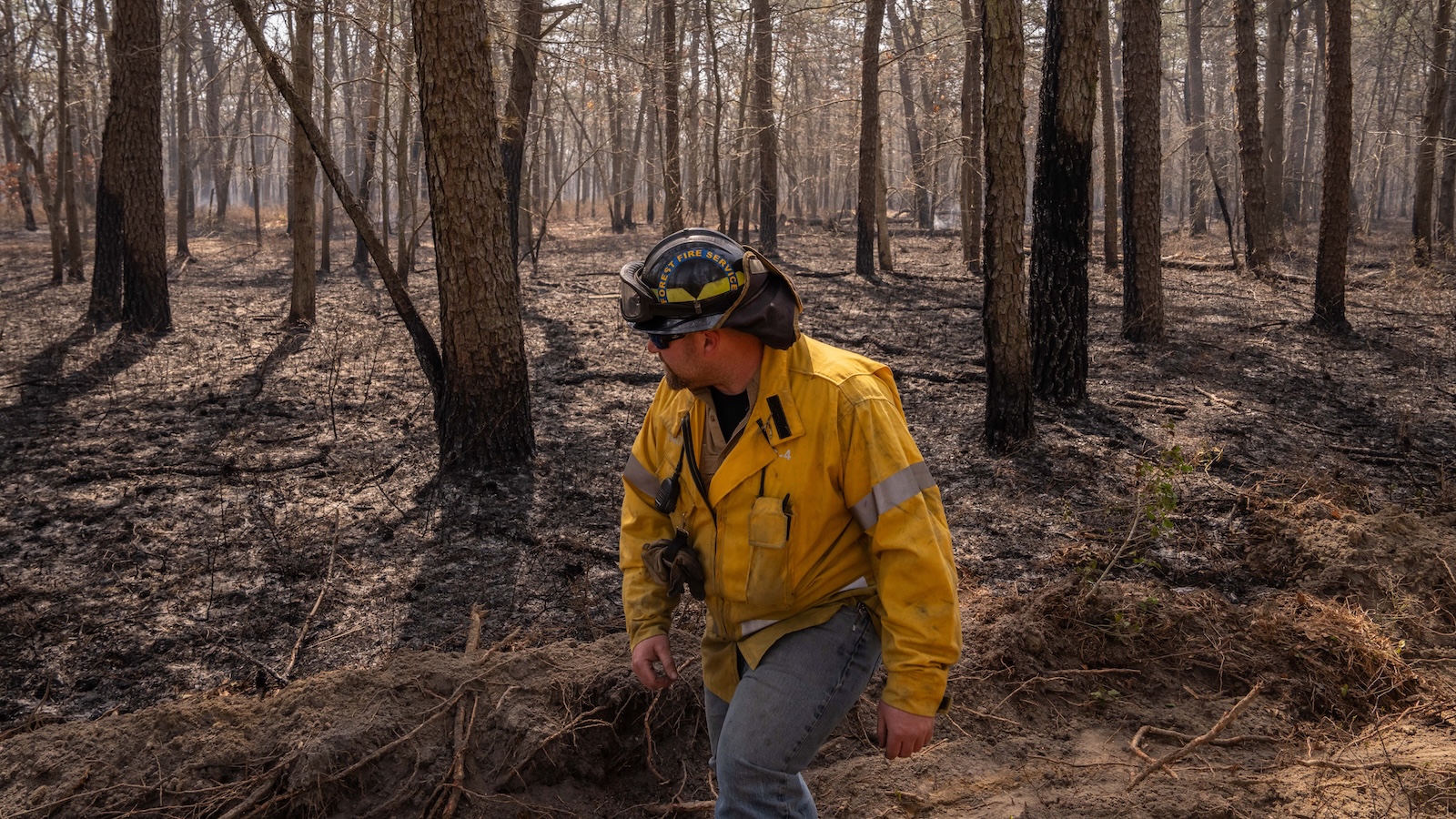Now Reading: Trump Fast-Tracks Energy Projects, Raising Pollution Concerns
-
01
Trump Fast-Tracks Energy Projects, Raising Pollution Concerns
Trump Fast-Tracks Energy Projects, Raising Pollution Concerns

Swift Summary
- President Donald Trump declared a national energy emergency on his first day in office, directing the U.S. Army Corps of Engineers to fast-track permitting for energy projects.
- The streamlined process aims to increase supplies of oil, natural gas, uranium, coal, biofuels, hydropower, and critical minerals.
- Environmental advocates have raised concerns about shortened public comment periods and potential harm to ecosystems.
- Experts argue that the emergency permitting approach may bypass established environmental review protocols under laws like NEPA (National environmental Policy Act).
- Specific projects affected include two Texas liquefied natural gas permits with reduced comment times and expedited reviews for a controversial tunnel under Michigan’s Line 5 pipeline.
- Seven tribal nations from Michigan withdrew from talks regarding the pipeline project due to flawed environmental review processes undermining indigenous rights tied to sensitive areas such as the Great Lakes.
- Critics question the validity of labeling U.S. energy levels as insufficient; data show record fossil fuel production during Biden’s presidency.
Image:
!Protest against Line 5 pipeline
Caption: A group paddles out near St. Ignace in Michigan during a protest against Line 5 in August 2024. (Credit: Izzy Ross / Grist)
Indian Opinion Analysis
The shift toward emergency permitting reflects an effort by policymakers to prioritize national energy outputs over procedural safeguards like public participation. From an Indian viewpoint centered on global environmental trends and treaties addressing climate goals-a move that possibly weakens established legal frameworks both challenges international commitments toward sustainability and underscores complexities in balancing economic imperatives with ecological responsibility.This development evidences growing tension between resource extraction efforts aimed at economic gain versus indigenous voices or long-term conservation strategies-echoing challenges frequently enough observed worldwide in resource-rich contexts. For democratic societies like India or others observing these trends elsewhere accountability systems stakeholder fairness vital regulatory-democratic overlaps merits nuanced safeguarding too adaptation balances



























